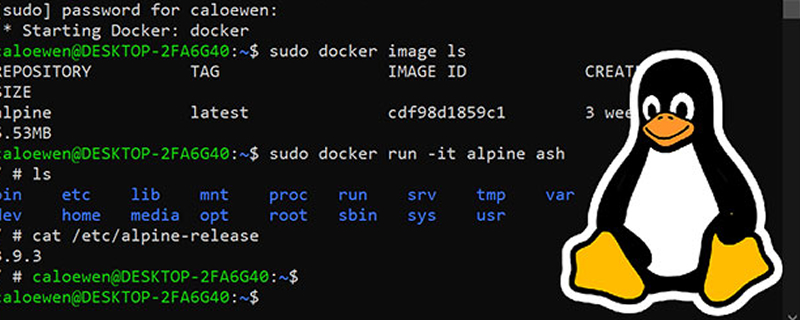Linux Foundation bans University after it intentionally submits “nonsense” patches
Linux Foundation bans University after it intentionally submits “nonsense” patches
Greg recently wrote the following in response to a member of the University of Minnesota;Â
   You, and your group, have publicly admitted to sending known-buggy patches to see how the kernel community would react to them, and published a paper based on that work.
Now you submit a new series of obviously-incorrect patches again, so what am I supposed to think of such a thing?
They obviously were _NOT_ created by a static analysis tool that is of any intelligence, as they all are the result of totally different
patterns, and all of which are obviously not even fixing anything at all. So what am I supposed to think here, other than that you and your group are continuing to experiment on the kernel community developers by sending such nonsense patches?When submitting patches created by a tool, everyone who does so submits them with wording like “found by tool XXX, we are not sure if this is
correct or not, please advise.” which is NOT what you did here at all. You were not asking for help, you were claiming that these were legitimate fixes, which you KNEW to be incorrect.A few minutes with anyone with the semblance of knowledge of C can see that your submissions do NOT do anything at all, so to think that a tool
created them, and then that you thought they were a valid “fix” is totally negligent on your part, not ours. You are the one at fault, it is not our job to be the test subjects of a tool you create.Our community welcomes developers who wish to help and enhance Linux. That is NOT what you are attempting to do here, so please do not try to frame it that way.
Our community does not appreciate being experimented on, and being “tested” by submitting known patches that are either do nothing on purpose, or introduce bugs on purpose. If you wish to do work like this, I suggest you find a different community to run your experiments on, you are not welcome here.
Because of this, I will now have to ban all future contributions from your University and rip out your previous contributions, as they were obviously submitted in bad-faith with the intent to cause problems.
Following the University’s actions, members of the University are no longer welcome to contribute to the ongoing development of the Linux kernel, as the institution has shown itself to be untrustworthy. Not only has the university wasted the time of Linux kernel developers, but they have also intentionally tried to undermine their efforts.Â
Recently, the University of Minnesota has released a statement that claims that the institution is taking this situation “extremely seriously”, and that they have “immediately suspended” their questionable lines of research and will take “appropriate remedial action”.Â
Leadership in the University of Minnesota Department of Computer Science & Engineering learned today about the details of research being conducted by one of its faculty members and graduate students into the security of the Linux Kernel. pic.twitter.com/QE9rrAyyMX
— UMNComputerScience (@UMNComputerSci) April 21, 2021
You can join the discussion on the Linux Foundation banning the University of Minnesota from future kernel contributions on the OC3D Forums. Â




